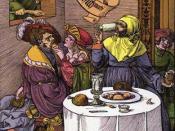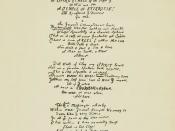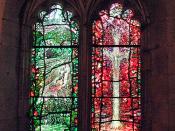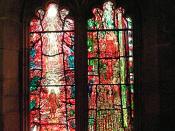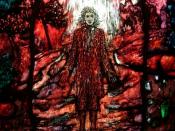There has been much said about the music of Thomas Traherne. Many critics have commented that Traherne's operas are part of a more serious commitment to the political crises in late 18th century France. However, when Traherne uses music as a way to comment on social trends of the day, he is transforming the "song" into something quite different (Leroy 14). He is making the song a political tool for his own needs.
The first thing Traherne tries to do is use music as a way to gain control over his own political unrest. This is done by accepting music as a way to gain control of political power and favor. In his opera Les Liason Dangerous the commentary against the king is vital.
Traherne also wants to control his emotions. By recognizing the connection between politics and human passions, he creates songs that strike at the root of Romantic Reason and 18th century passion.
It's a vital part of whom Traherne plays his songs for.
Some would argue that the music of Traherne is much more akin to Medieval mass (Leroy 16), but that's to fail in understanding the difference in the Middle Ages and Traherne's own time. Tomanticism was a way to subvert passion and to reestablish Reason as the guiding factor for human existence.
In closing, Traherne is a major musical force in the 19th and 20th century, and he must be approached as a representative of Romantic Reason and political unrest. No one should ever mistake Traherne for a Medieval monk, but rather a "New Man" part of the "New World." Works Cited Leroy, Al. "Understanding Traherne." London: Cosmic Printing, 1970.
